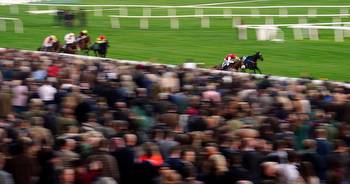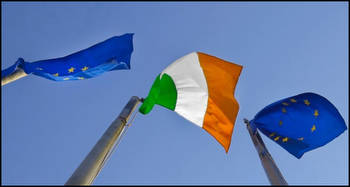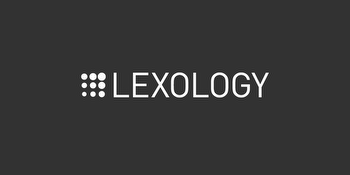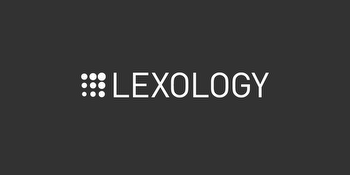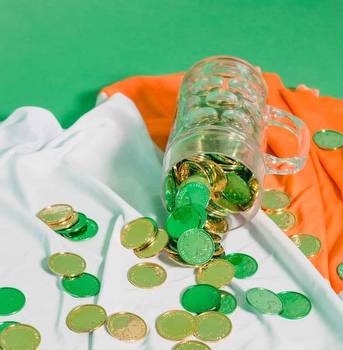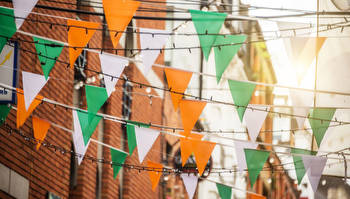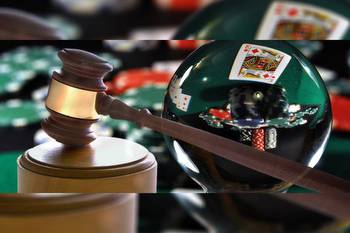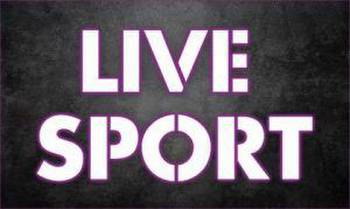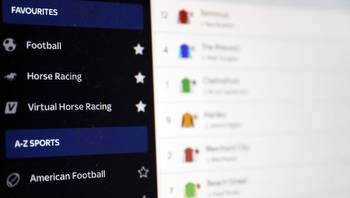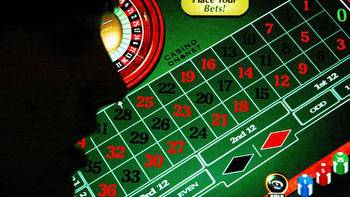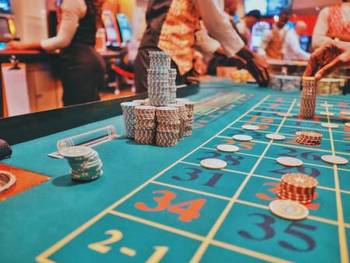Gambling laws: How will new rules for bookies, casinos and online work?

What is the new Gambling Regulation Bill?
It is a major reform of gambling laws, the first in half a century, updating the Gaming and Lotteries Act 1956 and the even older Betting Act 1931. The new law was first mentioned 15 years ago but it is the work of the Minister of State for Law Reform, James Browne, and his predecessor David Stanton that will get it over the line.
Why the need for it?
Until now the betting industry was essentially self-regulated. Substantial changes have taken place over the past two decades with the growth of online betting, a proliferation of new betting products, online games such as poker and roulette, instant payment, and the concept of real time betting with customers being able to bet continuously during an event. The gambling industry has also grown substantially and is now worth up to €8 billion per year.
What is in the Bill?
The Bill is designed to protect consumers, problem gamblers, and children. It is an effort to define gambling across all platforms, either in physical bookmaker shops, casinos and across all online platforms. Everything that involves a stake, with the possibility of loss or gain, is included.
How will it be enforced?
A seven-member Gambling Regulatory Authority of Ireland is being established to regulate the industry. Its chief executive, Anne Marie Caulfied has already been appointed. It will license all companies and bodies that offer gambling products, physically and online. It will lay down specific conditions for companies. Its will also police strict new rules on advertising, marketing, promotion and sponsorship.
How will it license gambling companies based abroad with no presence in Ireland?
If the service is having an impact on Ireland and its practices are breaching the laws and regulations, the new Regulator will have the right to apply to the court to compel the Irish Internet Service Provider (ISP) to block the online site in Ireland.
What penalties will the companies face?
There will be substantial administrative penalties (up to €20 million or 10 per cent of takeover) for companies that breach the law. In extremis, there will be prison sentences of up to eight years for serious breaches, including failure to protect children from gambling.
What new restrictions are in the Bill?
There are many. Social media advertising is prohibited. If a person wishes to see online gambling advertising they will need to opt in. Sponsorship of clubs by betting companies will be prohibited if the club has juvenile members. Children will be banned from gambling premises. There will be a prohibition on inducements such as “free bets”, VIP treatment, free credit, and free hospitality.
One specific measure is aimed to protect children. There’s a “watershed” ban on TV and online advertising between 5.30am and 9pm.
Credit card betting will not be allowed. This follows a similar ban in the UK.
What other measures are there?
A Social Impact Fund will be established that will be financed by a levy on the industry. It will be used for education, awareness and treating problem gamblers. Mr Browne was not able to specify how much the levy will be other than to say that it will be based on the overall turnover of the industry. Charitable and voluntary organisations who are licensed for gambling will not be subject to the levy.
There is also new national exclusion register. If a problem gambler “opts out”, every licensed gambling company must ensure that gambler does not have access to that service.
What about the National Lottery, which is a heavy user of advertising and marketing. Will it be included?
No, the Minister said that the Lottery has its own “bespoke” legislation and will not be subject to the new laws. Some of the bigger betting companies called for the National Lottery to be included in this comprehensive – and restrictive – law. It is likely that there will be complaints that the Lottery will now have a legislative advantage compared to traditional betting companies.
How will it apply to TV sport from the UK broadcast here?
It will be subject to the same rules as terrestrial TV here, in that advertising segments in the broadcast will be subject to a watershed ban between 5.30am and 9pm. Any ads run after 9pm cannot offer inducements such as free bets, or free credit.
Can Sky broadcast football matches with gambling sponsorship on jerseys before the 9pm watershed?
James Browne admitted at the press conference that the legislation’s scope and reach was not unlimited. He said that if TV coverage of a sports event from outside Ireland featured kit sponsorship by a gambling company, or had branding on hoardings, they would not be covered by the legislation. This could prove to be something of a loophole in the future as many pitch-side hoardings are now electronic and can feature rolling and animated advertising. Much of the practical detail of implementing the legislation will fall on the new regulatory authority. It will have its work cut out.
Streaming services and broadcasting apps (available on smart phones) have become popular with Irish football fans for watching UK soccer, some of which get sponsorship from betting companies, and carry advertising from them. While most require the account holder to be over 18, it could be argued that some children will view the sites by getting access to their parents’ phones.
And will Irish terrestrial television be allowed to show an Irish soccer or rugby game involving a team sponsored by a betting company, or feature horse races or racing festivals in Ireland sponsored by gambling companies?
Large gambling companies are among the major sponsors of horse racing events and there would be resistance to any move to alter the current arrangements. Similarly, sponsorship branding will still be allowed on soccer kit, for example. However, the Regulator will have the power to review and change the conditions if, for example, signage or hoardings at the event are used to carry advertising.








